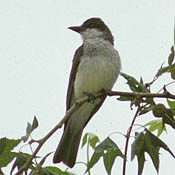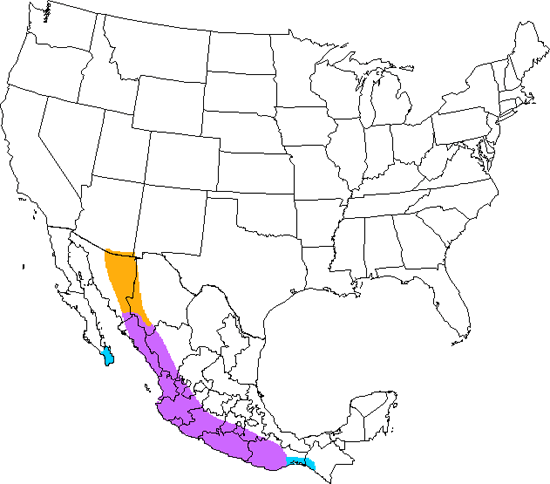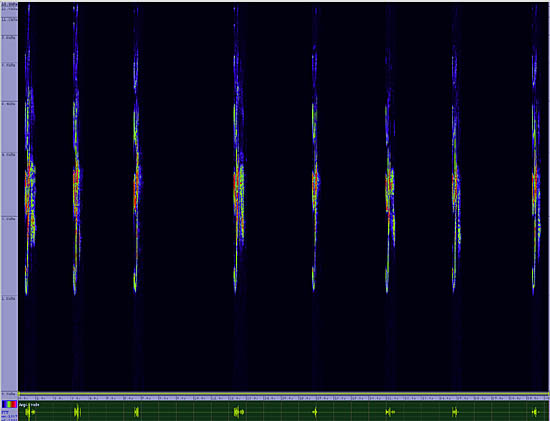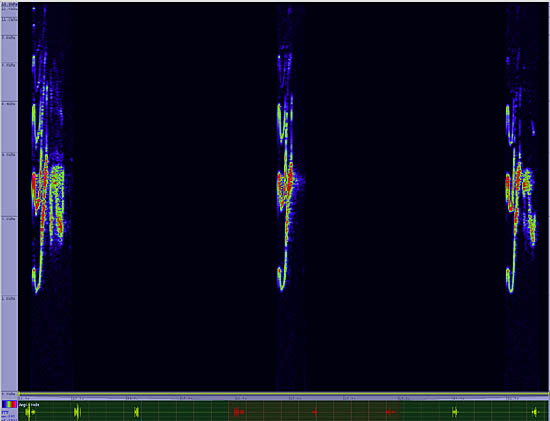The four-digit banding code is TBKI.

Perching
Thick-billed Kingbird

Length: 5 in. (11 cm )
Male | Herbert Clarke
Riparian / River forest
View Citation
Bibliographic details:
- Article: Thick-billed Kingbird
- Author(s): Dr. Biology
- Publisher: Arizona State University School of Life Sciences Ask A Biologist
- Site name: ASU - Ask A Biologist
- Date published: July 13, 2017
- Date accessed: November 14, 2024
- Link: https://askabiologist.asu.edu/activities/bird/thick-billed-kingbird
APA Style
Dr. Biology. (2017, July 13). Thick-billed Kingbird. ASU - Ask A Biologist. Retrieved November 14, 2024 from https://askabiologist.asu.edu/activities/bird/thick-billed-kingbird
Chicago Manual of Style
Dr. Biology. "Thick-billed Kingbird". ASU - Ask A Biologist. 13 July, 2017. https://askabiologist.asu.edu/activities/bird/thick-billed-kingbird
Dr. Biology. "Thick-billed Kingbird". ASU - Ask A Biologist. 13 Jul 2017. ASU - Ask A Biologist, Web. 14 Nov 2024. https://askabiologist.asu.edu/activities/bird/thick-billed-kingbird
MLA 2017 Style
Be Part of
Ask A Biologist
By volunteering, or simply sending us feedback on the site. Scientists, teachers, writers, illustrators, and translators are all important to the program. If you are interested in helping with the website we have a Volunteers page to get the process started.












